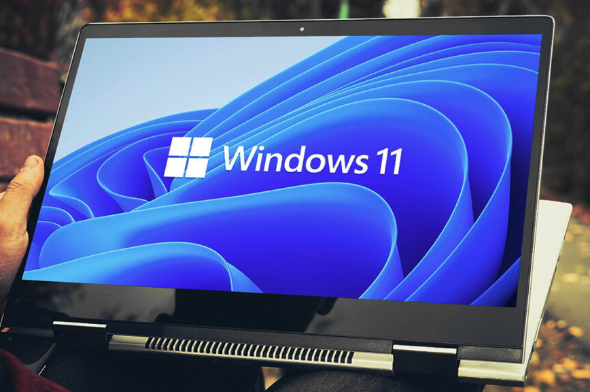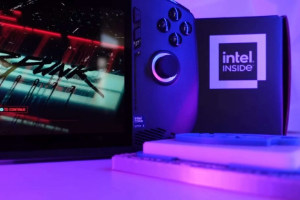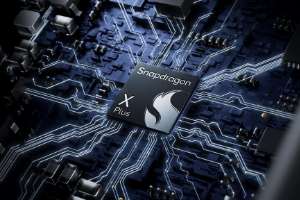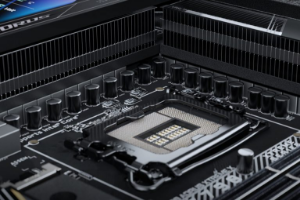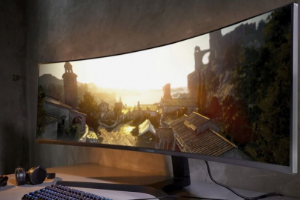Connection to DriversCloudCreate a DriversCloud.com accountReset your DriversCloud.com passwordAccount migration
With Windows 11 24H2, Microsoft draws a line under older processors
The POPCNT instruction could prevent the installation of Windows 11 24H2 on some older, very old machines.
Just a few months ago, we weren't sure we'd see a major new update for Windows 11. Over the past few weeks, however, things have come to a head, and while there's no official confirmation yet, the release of a 24H2 update for Windows no longer seems in doubt. This update will introduce a new technical constraint to an operating system that has already been the subject of much debate.
Remember, when Windows 11 was launched in June 2021, we learned that Microsoft had decided to impose certain technical elements, such as TPM 2.0(Trusted Platform Module) and Secure Boot. These two points had their justifications, of course, but they put many machines out of the running which, strictly in terms of performance, were perfectly capable of running the new operating system. The pill was so hard to swallow, in fact, that many users are still running Windows 10, even though tricks to get around some of these constraints have appeared.
So HUGE discovery found in Windows 11 Version 24H2, since build 25905.
A CPU with the instruction "POPCNT" IS NOW REQUIRED!
There are various system files requiring the POPCNT CPU instruction, from the Windows 11 kernel to the USB XHCI drivers.Without POPCNT, it doesn't boot! pic.twitter.com/vCWYvzfu6k
- Bob Pony (@TheBobPony) February 11, 2024
At the end of the year, Microsoft will launch the 24H2 update for Windows. Quoted by XDA Developers, a certain Bob Pony noticed on the Windows 11 24H2 build 25904 that there was talk of using the POPCNT instruction. Linked to various key elements of the OS (kernel, USB drivers...), this instruction will be strictly mandatory for Windows 11 to run once updated and, problem, there doesn't seem to be any trick or way around this obligation. Why is this a problem?
Quite simply because, while the POPCNT instruction has been used by IBM since 1961, it has been around for much less time at Intel or AMD. For the latter, you have to go back to 2007 when AMD introduced the Athlon K10, while at Intel, the instruction has been in use since 2008 and the Nehalem architecture. In other words, your PC shouldn't be powered by a processor that's more than... 17 years old at AMD or 16 years old at Intel. 16 or 17 years old? In reality, this shouldn't concern many people... but it's worth knowing when the time comes to upgrade to Windows 11, at the end of the year.
